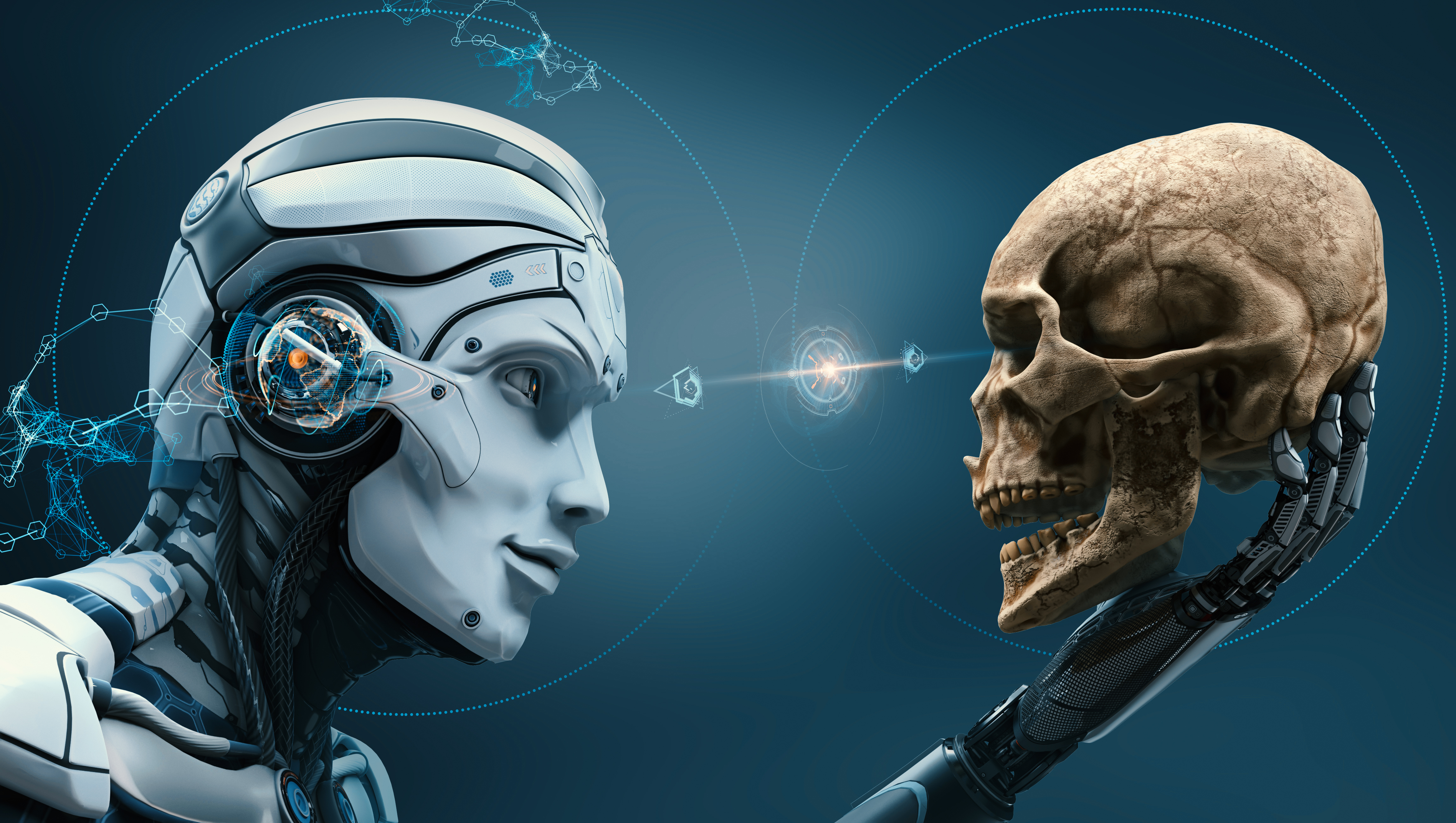One conversation is all it takes for this AI to deepfake your entire personality
The Talented Mr. Ripl-AI?

- A new AI model can mimic human personalities after a 2-hour chat
- It was 85% accurate at simulating human behavior
- The AI may transform how behavior and opinions are modeled
Stanford University and Google's DeepMind have released a new research paper showing how they taught an AI model to imitate how people behave. The Generative Agent Simulations of 1,000 People research created digital replicas of real people that can imitate their personalities with 85% accuracy after just a two-hour interview. A couple of hours of chat with an AI, and it’ll learn to simulate your reactions well enough to seem like it's thinking like you.
The slightly more than a thousand participants in the study started by reading the opening lines of The Great Gatsby to the AI. Apparently, this was the AI equivalent of stretching before a workout. After that, a 2D character asked them questions about their lives, beliefs, jobs, families, and more. With about two hours and an average of 6,491 words, the AI had all it needed to build a digital clone.
The clones seemed to know what they were doing, too. When asked to answer questions from personality tests or general surveys, the AI agents gave answers that matched their real-world counterparts about 85% of the time. Close enough to order for you at a restaurant, with maybe the wrong side dish.
The researchers put these AI clones to the test with economic games like the Prisoner’s Dilemma and the Dictator Game, where participants make choices about cooperation, trust, and sharing resources. While the AI only matched the real person's decisions around 60% of the time, that's still more than could be attributed to chance.
The AI might not fool your spouse or closest friend, but from just that short interview, it's pretty impressive. The AI could imitate decision-making patterns, opinions, and even personality quirks. Think about it: you spend years figuring out who you are, and this AI figures it out in an afternoon. It’s astounding and just a little bit creepy, like all good AI demonstrations.
Human behavior
Stanford and DeepMind see this AI as a way to advance human behavior studies. It’s also a glimpse into how AI can simulate collective human behavior. Want to know how a community might react to a new health policy? Spin up some generative agents. Curious how customers might respond to a bold product redesign? Ask the AI clones. Essentially, it could be an eternal focus group.
Of course, if an AI can learn to mimic you this well after a single interview, what happens when it has access to years’ worth of data? Social media posts, online shopping habits, and even your Spotify playlists could all help teach the AI to be you or at least cater to your preferences, even the ones you didn't know you had.
There's plenty of potnetila for misuse by scammers and other malicious actors, but for now, this technology is in the hands of researchers, and the focus is on learning how to make it useful for fields like sociology, psychology, and economics. And it is somewhat inevitable that the technology would move in this direction. There's nothing more human than creating something that tries so hard to be just like us.
You might also like
Get daily insight, inspiration and deals in your inbox
Sign up for breaking news, reviews, opinion, top tech deals, and more.

Eric Hal Schwartz is a freelance writer for TechRadar with more than 15 years of experience covering the intersection of the world and technology. For the last five years, he served as head writer for Voicebot.ai and was on the leading edge of reporting on generative AI and large language models. He's since become an expert on the products of generative AI models, such as OpenAI’s ChatGPT, Anthropic’s Claude, Google Gemini, and every other synthetic media tool. His experience runs the gamut of media, including print, digital, broadcast, and live events. Now, he's continuing to tell the stories people want and need to hear about the rapidly evolving AI space and its impact on their lives. Eric is based in New York City.